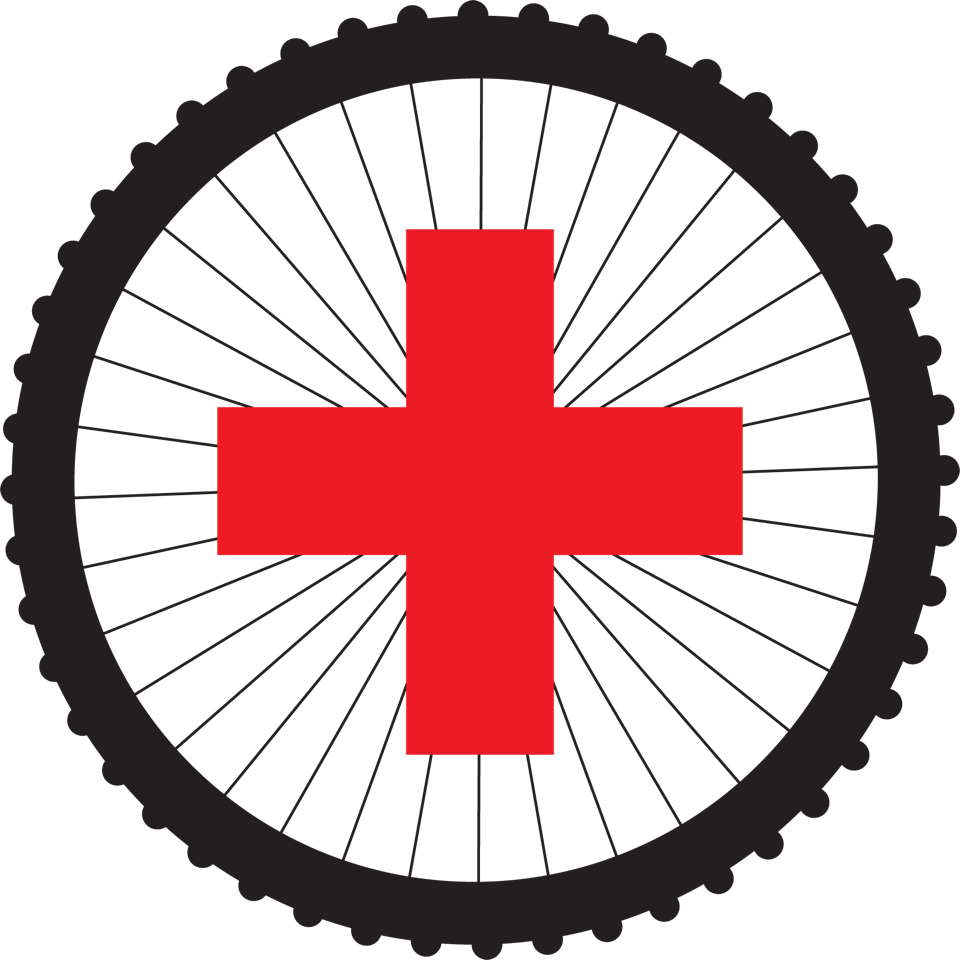Altitude Sickness
Many first-time visitors do not realize that Santa Fe is located at an altitude of 7,000 feet above sea level. When they arrive at this altitude, they often feel light-headed and sick. While most people start to feel normal within two to three days, some (especially with other medical conditions like congestive heart failure or chronic kidney disease) can have lingering effects and might need treatment, including supplemental oxygen. If addressed early, we can usually avoid calling 911 and ending up in the emergency room.
Common symptoms of altitude sickness include: loss of appetite; fatigue or weakness; dizziness or light-headedness; “pins and needles” sensations; shortness of breath upon exertion; persistent rapid pulse; drowsiness; and peripheral edema (swelling of hands, feet and face).
Especially if you live at low altitude (below 300 feet), prevention is key:
- Start exercising now: If your trip includes strenuous physical activity, start an exercise plan that includes extra cardio activity for the month or so prior to your visit.
- Stay hydrated: Begin drinking extra water a day or two before arriving to Santa Fe & continue to stay well hydrated throughout your visit.
- Eat foods high in potassium, such as broccoli, bananas, avocado, cantaloupe, celery, greens, bran, chocolate, granola, dates, dried fruit, potatoes and tomatoes. These will help you replenish electrolytes by balancing salt intake.
- Limit caffeine and alcohol, beverages that contribute to dehydration.
- Take ibuprofen (unless you have a medical reason not to). Recent studies show that altitude sickness can be effectively prevented with this common and inexpensive over-the-counter medicine.
- Plan for trouble sleeping. It is safe to assume that you will have difficulty sleeping, particularly during the first night at a higher altitude. Take it easy and allow for extra time to rest.
For those that have had difficulty with altitude illness in the past, it is worth considering a prescription for Diamox to begin before arrival. If needed, steroids can be helpful for those dealing with more severe symptoms. One last thing to consider is staying in ABQ for a night beforehand, to acclimatize to 5,000 feet.
If you feel you may need supplemental oxygen, particularly at night, we can arrange that for you.
If you are in Santa Fe and need help adjusting to the altitude, especially if you have other medical conditions, call us to discuss whether you might need treatment and/or oxygen.
Expert Medical Care That Comes to You!

